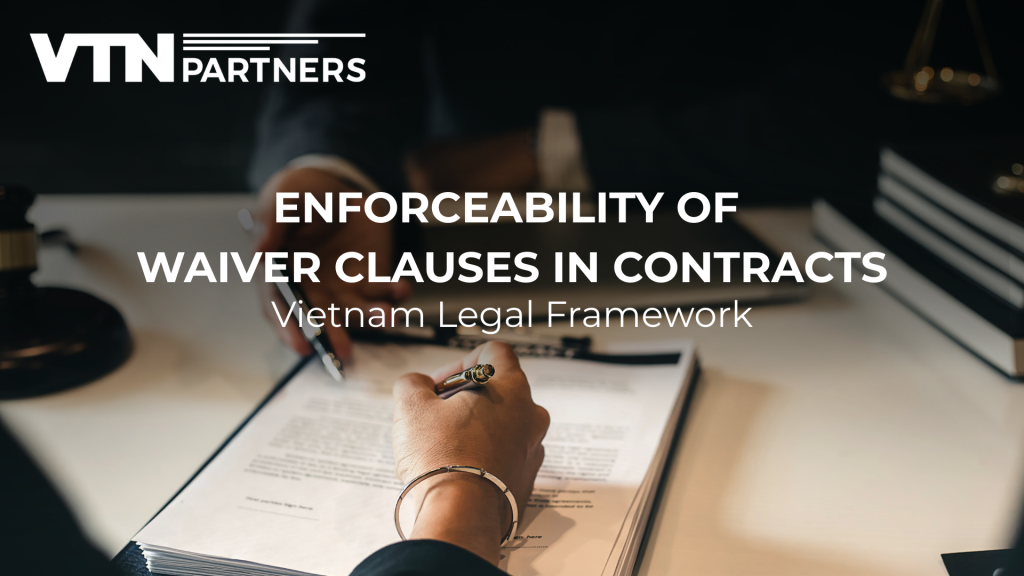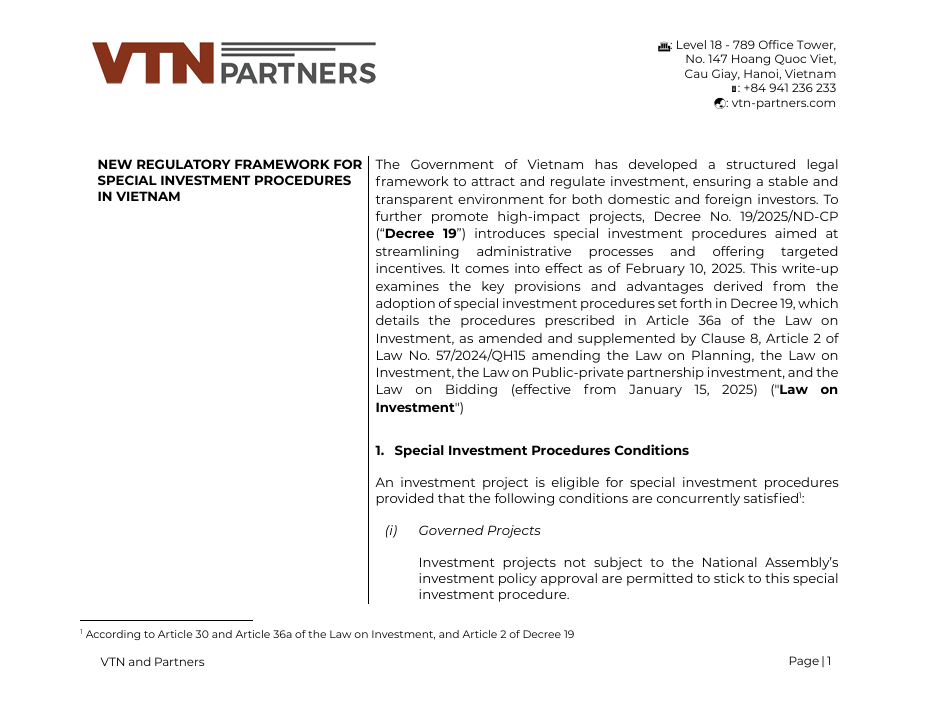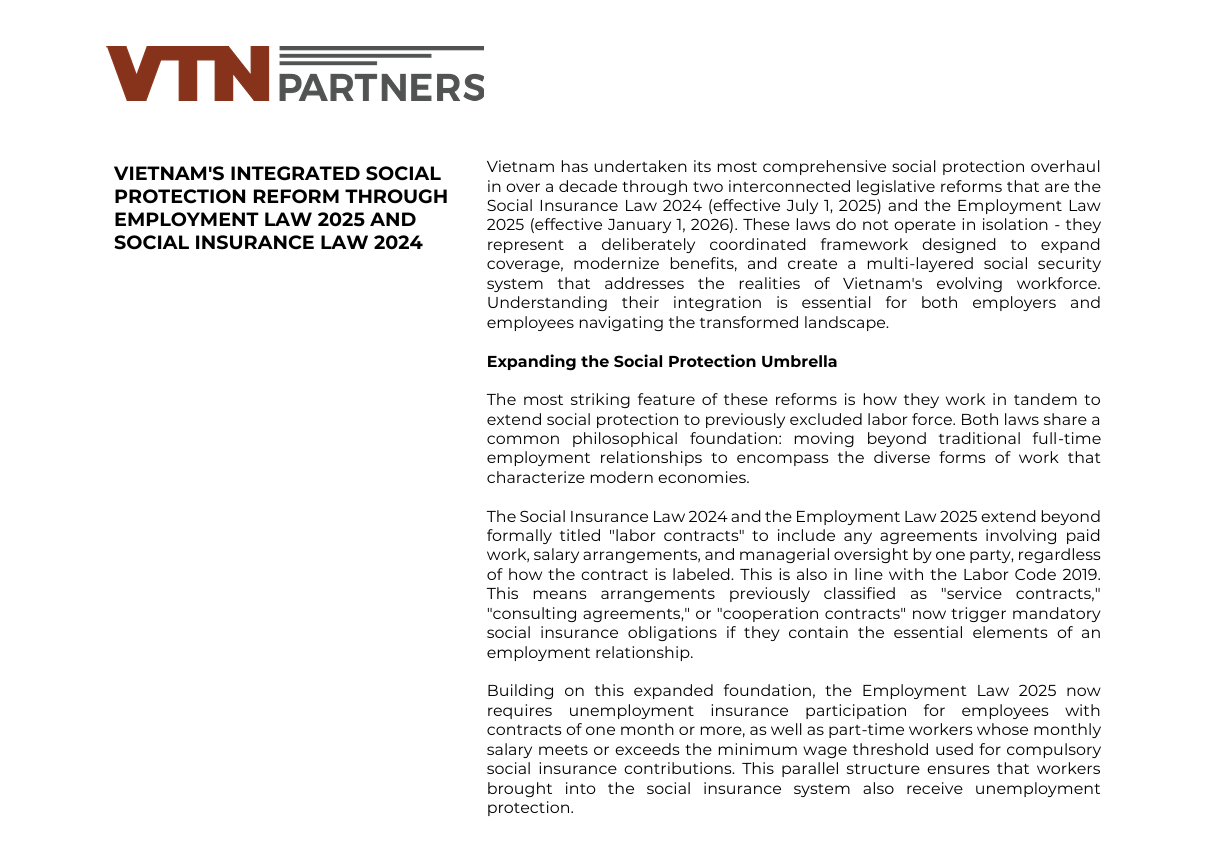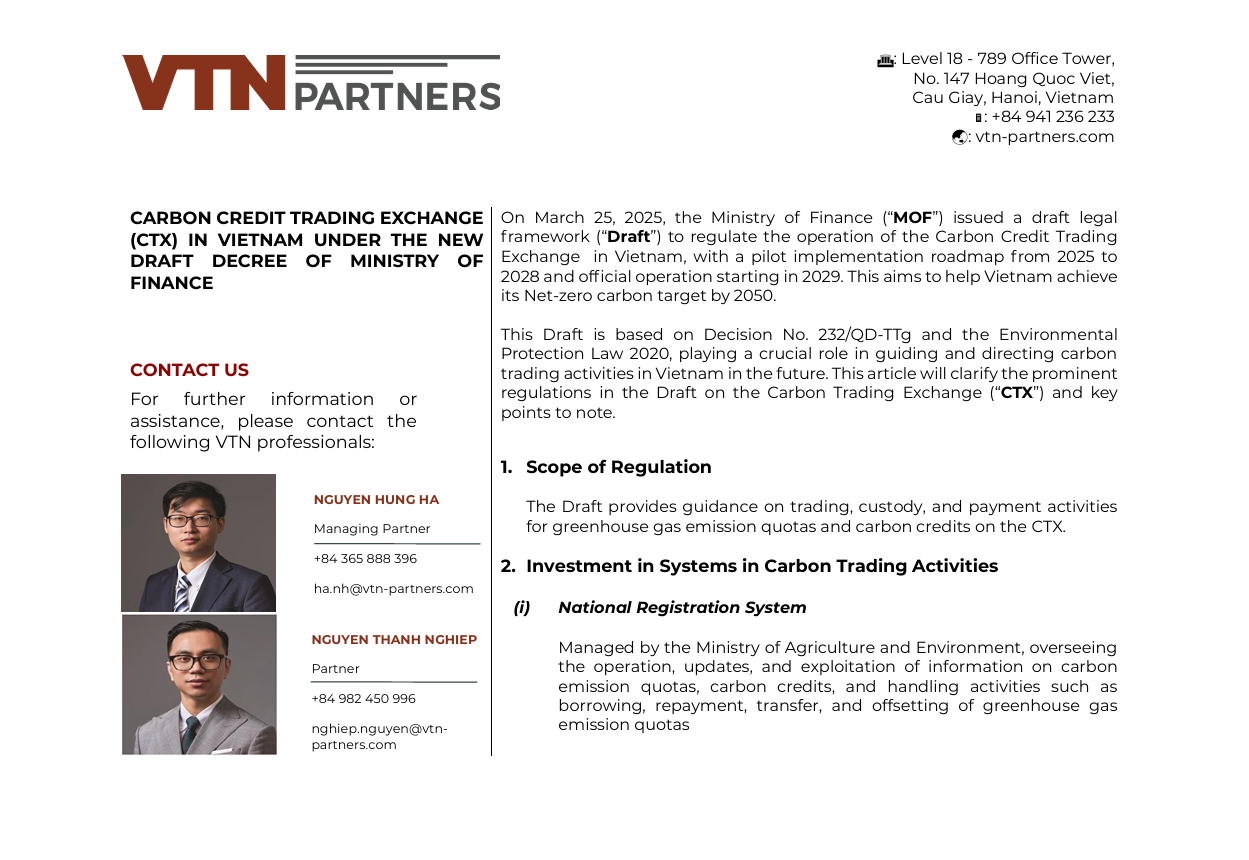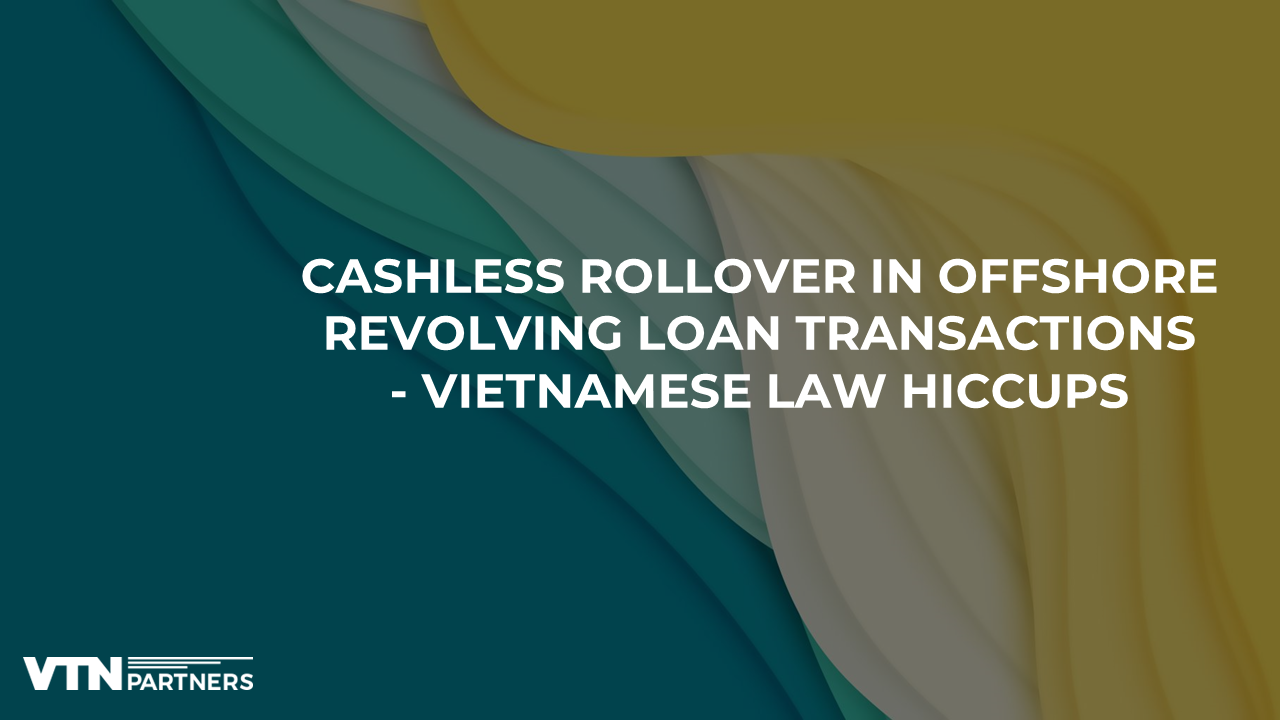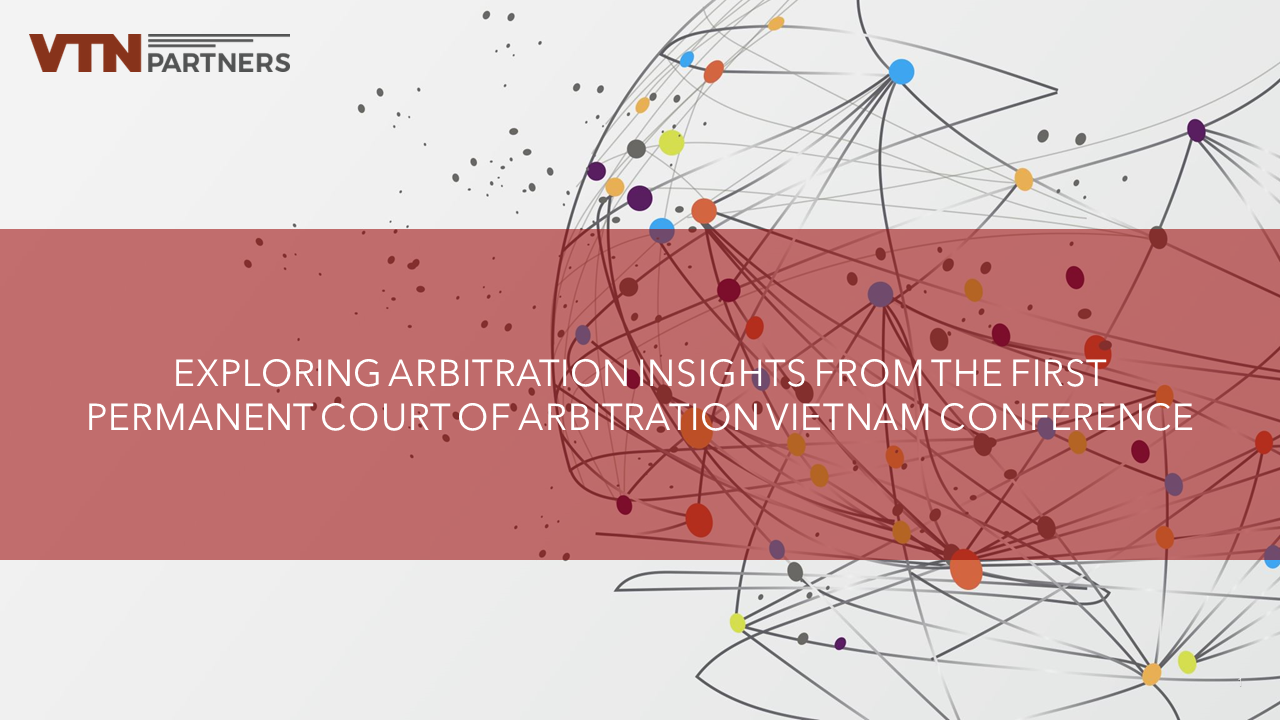This post is written by Hoang Thuy Lan and edited by Nguyen Thanh Nghiep
- Overview of Waiver Clauses in Contracts
A waiver refers to the voluntary relinquishment by a party of a right or remedy to which it is otherwise entitled. Such waivers are commonly included in contracts as legally significant provisions. These clauses may address, inter alia, the types of rights being waived, the conduct constituting a waiver, the consequences thereof, and the applicable exceptions.
Under Vietnamese law, there are no specific provisions governing contractual waiver clauses. Nonetheless, the law does recognize certain types of rights that may be waived. For instance, an owner may relinquish ownership of property by means of a public declaration or by engaging in conduct that clearly demonstrates such intent.[1]
In practice, the enforcement of waiver clauses can give rise to complex legal issues. There are situations in which one party may impose a waiver clause unfairly on the other, or where the waiver results in a significant imbalance of rights and interests between the parties. Therefore, it is imperative for parties to fully understand the enforceability of such clauses to avoid the unintended forfeiture of legitimate rights or the emergence of unnecessary disputes.
- Classification of Waiver Clauses in Contracts
Contractual rights may be broadly classified into two categories: (i) rights prescribed by law and (ii) rights arising from agreements between the parties.[2]
- Waiver Clauses Concerning Statutory Rights
The law imposes certain limitations on contractual arrangements in order to safeguard public interests or protect vulnerable parties. For example, an employee may agree to waive certain benefits in exchange for others; however, such a waiver is only valid if it complies with the minimum standards of labour legislation and is subject to supervision by competent state authorities.
Where statutory provisions state “unless otherwise agreed by the parties,” the parties may lawfully agree on a waiver, provided that such waiver does not contravene prohibitions of law, violate public morals, infringe upon public interests, or affect the lawful rights and interests of third parties.[3]
The inclusion of waiver clauses in contracts is particularly common in practice. In commercial contracts, individuals contracting with a brand may agree to waive ownership rights over products manufactured under the agreement, thereby granting the brand full ownership without any additional remuneration, even after contract termination. In sales contracts, the parties may agree to waive the right to bring claims, provided such waiver is exercised transparently and equitably, and not under coercion or undue pressure. In lease agreements, lessors and lessees may agree to waive certain rights concerning repairs or maintenance; however, such waiver must comply with technical safety and occupational safety regulations to avoid imposing unexpected risks on the lessee.
- Waiver Clauses Concerning Contractual Rights
Where rights are conferred by agreement between the parties, those rights may likewise be waived by mutual consent. As such rights derive from the contract and not directly from statute, their waiver falls within the parties’ autonomy of contract. Waiver clauses concerning agreed rights must be clearly and precisely articulated, as they form the basis for assessing both the enforceability of the original grant of rights and the conduct constituting a valid waiver.
In certain circumstances, in order to facilitate continued performance of the contract, the non-breaching party may elect to waive a right at the time of breach or dispute. Such waivers often occur in the course of negotiation or mediation, with a view to preserving business relationships or securing alternative benefits. A typical example is the waiver of a penalty claim by the non-breaching party in exchange for the breaching party’s commitment to perform alternative obligations.
In practice, the enforceability of waiver clauses concerning contractual rights can be fraught with challenges. One contentious issue is the enforceability of waivers relating to liquidated damages.[4] These clauses, based on the parties’ prior agreement, create a framework under which a party waives the right to require the other party to prove actual and direct loss. However, some legal judges argue that the right to damages is fundamental, regardless of whether the parties have agreed on liquidated damages.[5] Accordingly, the agreed liquidated amount may be subject to judicial review to ensure that it does not infringe upon the breaching party’s lawful interests.[6] This raises questions about the enforceability of such waiver clauses, particularly in cases where the estimated loss is lower than the actual loss sustained. In such cases, the waiver by the breaching party may be upheld. Conversely, where the estimated loss exceeds actual damages, the waiver’s validity may be undermined.[7]
- Evaluation of the Enforceability of Waiver Clauses in Contracts
The enforceability of waiver clauses in contracts, from Vietnamese law perspective, is determined primarily by two factors: (i) the legal framework governing the type of right being waived; and (ii) the clarity and specificity of the waiver clause itself.
(i) If a waiver clause breaches or fails to comply with minimum legal requirements, its enforceability may be compromised. It is therefore essential to review and update waiver clauses in accordance with applicable legal provisions to ensure their legality and enforceability.
(ii) Clear and specific drafting of waiver clauses is essential to safeguard the rights and interests of the parties. Ambiguity or lack of precision may lead to misunderstandings and disputes over subsequent enforcement. Consequently, the use of accurate and unambiguous language in contract drafting is vital to ensure the practical enforceability of waivers.
In addition, the specific circumstances of the contract and the relationship between the parties must be taken into account. For example, where a party waives a right involuntarily or without a full understanding of the consequences, the clause may be deemed unreasonable and unenforceable. However, except in cases expressly regulated by law as discussed above, this issue remains legally uncertain, complicating the determination of the validity of such provisions. Other factors, such as the parties’ intent, commercial context, or force majeure events, may also impact the enforceability of waiver clauses. Accordingly, careful case-by-case assessment is required to ensure the viability of such waivers.
- [1] Article 239, Vietnam Civil Code 2015.
- [2] Truong Nhat Quang, “Phap luat ve hop dong – Cac van de phap ly co ban”, Dan Tri Publishing House, 2022, p.442.
- [3] Clause 2 and 4, Article 3, Vietnam Civil Code 2015.
- [4] The current legal framework does not provide specific provisions regarding liquidated damages. Article 13 of the 2015 Civil Code allows the parties to freely agree on such matters. However, Article 302(2) of the 2005 Commercial Law sets out detailed provisions on the value of damages, without any reference to compensation based on estimation.
- [5] Judgment No. 660/2022/KDTM-PT, “Re: Dispute over a construction contract,” Ho Chi Minh City People’s Court, p. 25–26.
- [6] Ibid.
- [7] Truong Nhat Quang, see footnote no.2, p.451.
